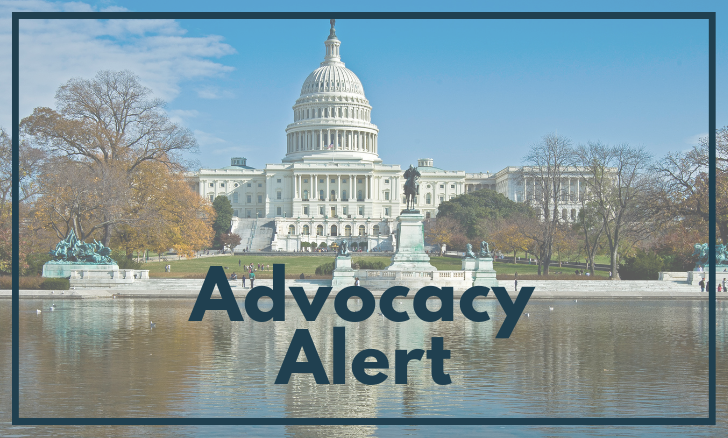Representatives Peltola and Carter Introduce Legislation to Protect Coastal Boaters, Businesses, and Economies
This week, Representatives Mary Peltola (D-AK) and Buddy Carter (R– A-01) introduced a bipartisan bill to delay funding for the National Oceanic and Atmospheric Administration’s (NOAA) proposed speed restrictions for boats 35-65 feet until the Department of Commerce can fully implement new monitoring systems for North Atlantic right whales. The bill introduction closely followed the Senate introduction of a similar bill by Senators Joe Manchin (D-WV) and John Boozman (R-AR).
The bill would prohibit NOAA from issuing a rule that modifies or replaces the current North Atlantic right whale vessel strike reduction rule until technological solutions recently authorized by Congress can help better track whales and avoid strikes. Under the proposed expansion, all boats 35 feet and greater cannot travel faster than 10 knots (11 mph) within a vast area extending from Massachusetts to central Florida, for up to 7 months out of the year and in some places up to 90 miles offshore.
“We all want to protect the right whale from extinction, but this is the wrong way to do it,” said Rep. Carter. “Before implementing a sweeping rule that will kneecap small businesses up and down the east coast, including 27,000 in Georgia alone, we must use all of the technological advancements at our disposal so that right whales and business owners can thrive together.”
“Like most of my colleagues, I am concerned about the long-term health of our marine mammal populations, including the North Atlantic Right Whale. This rule, however, has too many potential unintended consequences for small boat operators who need flexibility to maintain their safety at sea. Alaskans know that the ocean is unpredictable; limiting a vessel’s speed can have catastrophic consequences for human life and new regulations should not create additional hazards for our nation’s mariners,” said Rep. Peltola.
The proposed speed zones would be in effect from November through April or May annually. This directly overlaps with fishing seasons for popular fisheries throughout the speed zones. More than 63,000 registered boats would be impacted by the changes, causing economic harm to coastal economies and the fishing and boating industries that support these communities.
“We applaud Representatives Carter and Peltola for championing this bipartisan legislation and look forward to working with both chambers of Congress to advance this bill to protect the North Atlantic right whale, American jobs, small businesses, and coastal economies,” said Frank Hugelmeyer, President of the National Marine Manufacturers Association. “Boaters and anglers, our nation’s original conservationists, deeply respect marine ecosystems and know through innovation and technology we can coexist with the North Atlantic right whale in our nation’s waters."
“We applaud Congressional Sportsmen’s Caucus Member Congressman Buddy Carter and Congresswoman Mary Peltola for introducing legislation that will do more for North Atlantic right whale conservation than the current rule under consideration by NOAA,” said Congressional Sportsmen’s Foundation President and CEO Jeff Crane. “Realtime monitoring and allowing recreational anglers and boaters to be a part of the solution, is the most effective and pragmatic approach to protecting endangered whales.”
“The sportfishing industry recognizes the many challenges facing the right whale population and wants to be part of the solution. However, NOAA’s proposed vessel speed rule is deeply flawed,” said American Sportfishing Association President Glenn Hughes. “We thank Representatives Carter and Peltola for introducing this important bill that will give NOAA time to resolve the many errors throughout this rule, work with stakeholders and incorporate new and emerging technologies that can best protect whales and Americans’ access to public waters.”
“We thank Reps. Carter and Peltola for standing up for recreational anglers and boaters on the Atlantic Coast with the bipartisan Protecting Whales, Human Safety, and the Economy Act of 2023,” said Center for Sportfishing Policy President Jeff Angers. “Technological solutions will be most effective in protecting marine mammals in the future, and it is good to see Members of Congress from across the country committed to protecting both our marine environment and those of us who work and recreate on America’s oceans.”
Full text of the bipartisan bill can be read here.





